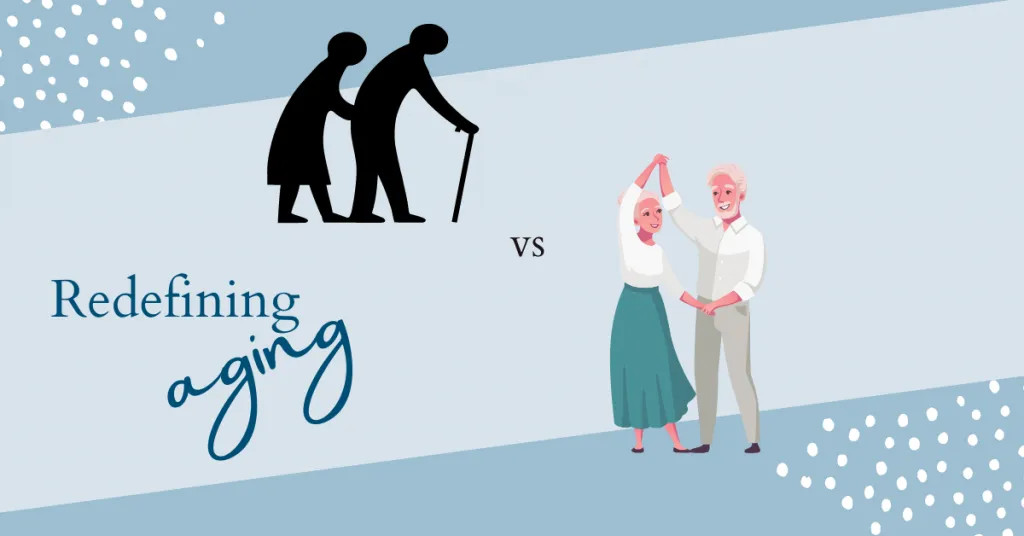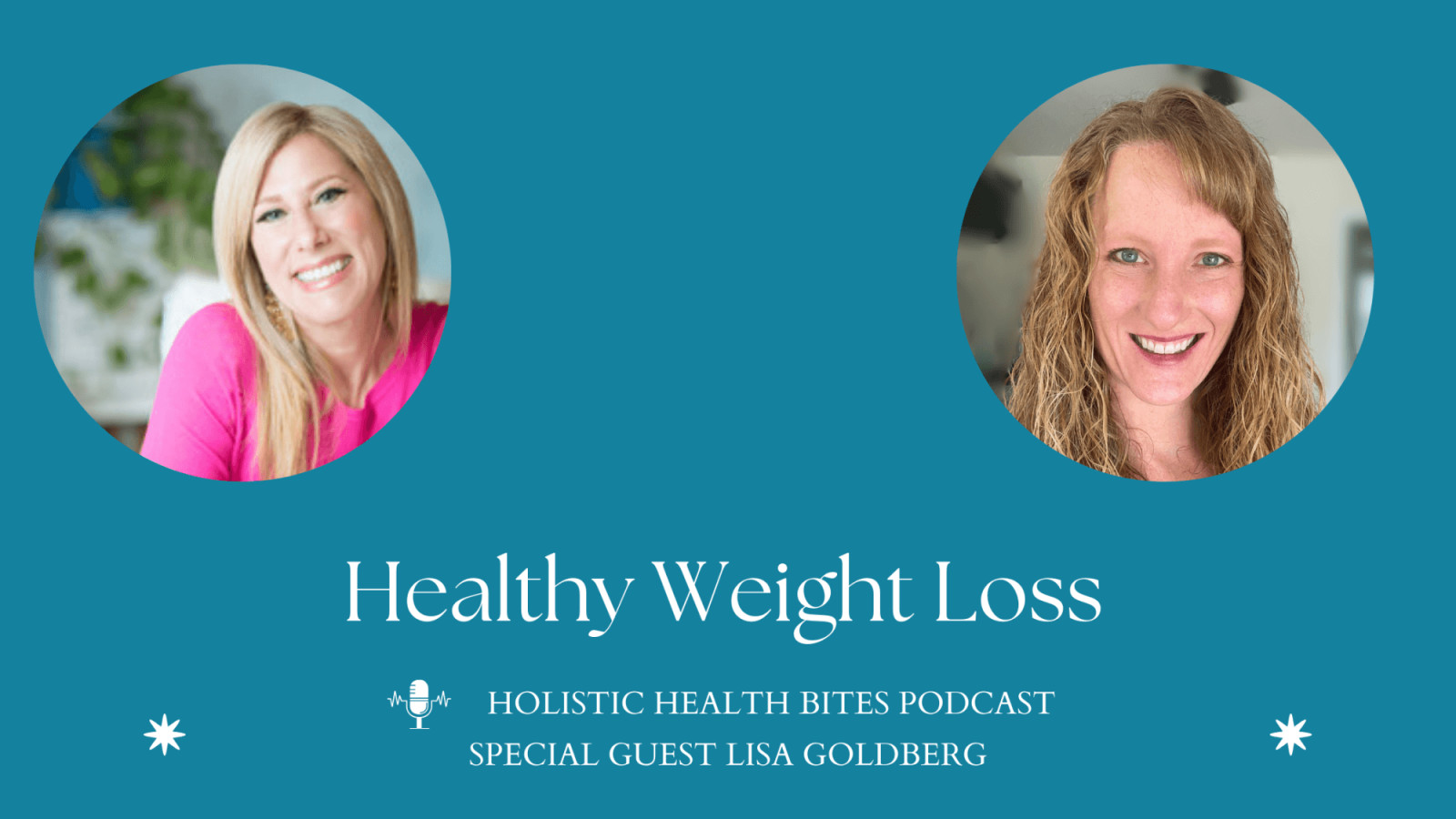
It is so easy to fall into a routine when it comes to your diet. Eating the same foods day in and day out can lead to an unhealthy lifestyle, which can have negative effects on your body. In this blog post, we will discuss different types of diet variation that you can add to your life for better health and why your diet needs variation! Nutrition Therapy helps you get the widest possible diet!
What is diet variation?
This may not be a topic you’ve heard about, but it’s an important issue for your health. Diet variation refers to the types of food you are eating and how often you eat them. We’ve been told that forming healthy habits is the best way to make healthy choices easier, but habits can also make us feel stuck. We often give up on diet plans because we feel too deprived or restricted. The real problem is they quit working because our bodies adapt to them. Lack of variety can cause weight gain or weight loss resistance! If you have struggled to lose weight, you may have followed the same plan for too long. That’s where diet variation comes in. Variation can help you achieve your goals because it keeps your body guessing and challenges weight loss resistance. It will also allow you to enjoy new foods that are better for you while still satisfying cravings for the junk food we’ve been craving all day long. Adding more variety may just be the key ingredient to help you lose weight, increase fat burning, and achieve optimal health.
Why your diet needs variation
Diet variation keeps things interesting, and it also boosts the efficiency of your metabolism. By regularly changing up your diet, you force your body to adapt to new nutrients and become more efficient at using a wider variety of fuel sources. This includes both changing up what you eat and when you eat.
- Improves nutrient intake and absorption, reducing the likelihood of nutrient deficiencies
- Increases enjoyment and decreases boredom with food thereby helping sustain weight loss efforts and other health outcomes
- Improves appetite control, reducing cravings and obsessive thoughts about food
- Provides variety in vitamins, minerals, and other essential nutrients
Changing up what you eat
Intermittent fasting, time-restricted eating, and even longer-term fasts have become hot topics recently – and for great reasons! Fasting has been shown to provide some tremendous health benefits like increased protection against oxidative stress and inflammation, weight loss, and gut healing. In fact, throughout most of human history, humans went through feast and famine cycles that helped shape our resiliency and adaptability to differing conditions.
Most of us have a relatively regular eating schedule, though some eat more often than others. The problem here is that your body can adapt to the specific timing of when it’s fed. This can dysregulate your hunger and satiety signals and create a “habit” of hunger.
Under the umbrella of diet variation, you could intentionally add variety to your eating schedule as well. This could mean occasionally skipping a meal, fasting for an entire day, or simply changing what time you eat your meals.
Boost Your Metabolism Through Flexibility
Contrary to many misunderstandings on the internet, intermittent fasting, time-restricted feeding and other fasting strategies are not simply a hidden way to decrease caloric intake. While it’s true that many people find they are less hungry and therefore naturally eat less, that isn’t the goal or even where the benefits of fasting lie. Fasting has been shown to improve metabolism by forcing adaptation to using multiple fuel sources.
When you’re in a fed state (after eating food), you primarily derive energy from that food – mostly the glucose derived from those foods. After that food has digested, you begin transitioning to using stored fuels (glycogen and body fat or the derivative ketones). If you stay in a fed state most of the day by eating frequently, you never tap into these stored fuels. This makes you metabolically inflexible – only able to use food and sugar for fuel. Eating less often means you become efficient at using both glucose and fat for fuel! This is metabolic flexibility that can help you burn fat!
How much diet variation do you need?
There is no set formula for how much diet variation you need. That will depend on your own personal goals and preferences. You could add seasonal variation, weekly variation, or monthly variation. A few indicators to add more diet variation:
- You feel bored or deprived
- Your weight loss efforts are stalled or you’ve gained weight unexpectedly
- You feel really hungry all the time, even though you’re eating normally
- You’re experiencing fatigue or other unexplained tiredness
- You can’t concentrate, feel brain fog, or other brain function changes
- You are experiencing digestive distress (constipation, diarrhea, bloating, etc)
Strategies to implement more diet variation
Here is a list of diet variation strategies:
- Add a new recipe to your plan this week
- Eliminate or reduce the frequency of certain foods from your diet (i.e., bread)
- Try intermittent fasting and experience how it can improve both mood and energy levels
- Switch up when you eat – experiment with different meal timing schedules!
- Add a new herb, spice, or ingredient you’ve never had
- Focus on eating seasonal foods
- Eat foods that were grown locally
- Eat a variety of food and raw foods
- Intentionally add whole healthy carbs (sweet potatoes, for example)
- Cycle proteins (some higher days, some lower days)
- Try to skip a meal or add a fasting day (even a bone broth or minimal calorie diet day)
- Add a healthy feast day where you purposely eat more food on one day
- Change up the diet plan you follow – eat a vegetarian diet, a ketogenic diet, a low-carb diet, or even a carnivore diet.
In Conclusion
It’s important to have a diverse diet for many reasons. Not only does it help you get all of your daily nutrients, but also helps keep cravings at bay. If the thought of changing up your food routine stresses you out, don’t worry! There are tons of ways to incorporate new foods into an old one without making any big changes in how much or what types you eat. Even if just adding some diet variation day-to-day can make a huge difference in our lives and health outcomes as we age – so why not give it a try?





















0 Comments